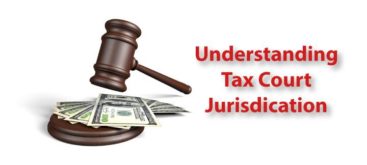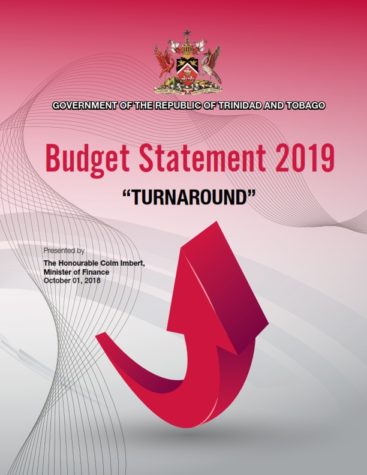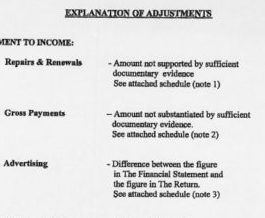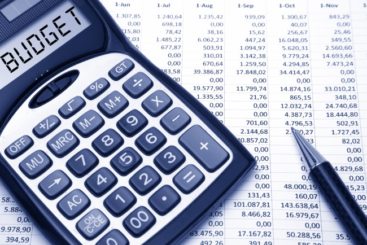The Miscellaneous Provisions (Tax Amnesty, Pensions, Freedom Of Information, National Insurance, Central Bank, Companies And Non-Profit Organisations) Bill, 2019 was assented to on 25th June 2019.
This Act includes a provision for another tax amnesty (the “Amnesty”) for the period 15 June to 15 September 2019, and waives the following:
(a) interest on any outstanding tax due and payable for the years up to and including the year ending 31st December 2018, where the tax is paid prior to or during the prescribed period;
(b) outstanding interest charged on any outstanding tax due and payable for the years up to and including the year ending 31st December 2018, where the tax is paid prior to or during the prescribed period;
(c) all other penalties due and payable on or in respect of any tax or outstanding tax or interest for the years up to and including the year ending 31st December 2018, where the tax is paid prior to or during the prescribed period;
(d) all penalties on any outstanding return for the years up to and including the year ending 31st December 2018, where the return is filed prior to or during the prescribed period; and
(e) all penalties with respect to any return for the years up to and including the year ending 31st December 2018 and filed prior to 15th June 2019, where such penalties have not been paid.
The Amnesty applies to the following taxes: –
- Corporation Tax;
- Business Levy;
- Green Fund Levy;
- Income Tax;
- Petroleum Tax;
- Supplemental Petroleum Tax;
- Unemployment Levy;
- Financial Services Tax;
- Hotel Accommodation Tax;
- Insurance Premium Tax;
- Health Surcharge;
- Property Tax;
- Stamp duty;
- Online Purchase Tax; and
- Value Added Tax.
The Honourable Minister of Finance (“MoF”) has stated that the purpose of the Amnesty is to enable the ‘soon to be established’ Trinidad and Tobago Revenue Authority (“TTRA”) to start with a clean slate.
The MoF urged taxpayers to take advantage of the Amnesty on the basis that that there would not be another Tax Amnesty after the TTRA comes on stream. The joint select committee report and amended legislation to bring the TTRA into force are expected to be laid before parliament soon.
The MoF has set a target to raise approximately TT$500M from this Amnesty, stating that the last tax amnesty generated TT$750M.
In the last ten years there has been four tax amnesties. The Amnesty provides another welcomed opportunity for taxpayers who have not yet paid all of the outstanding taxes up to and including the last tax year.











